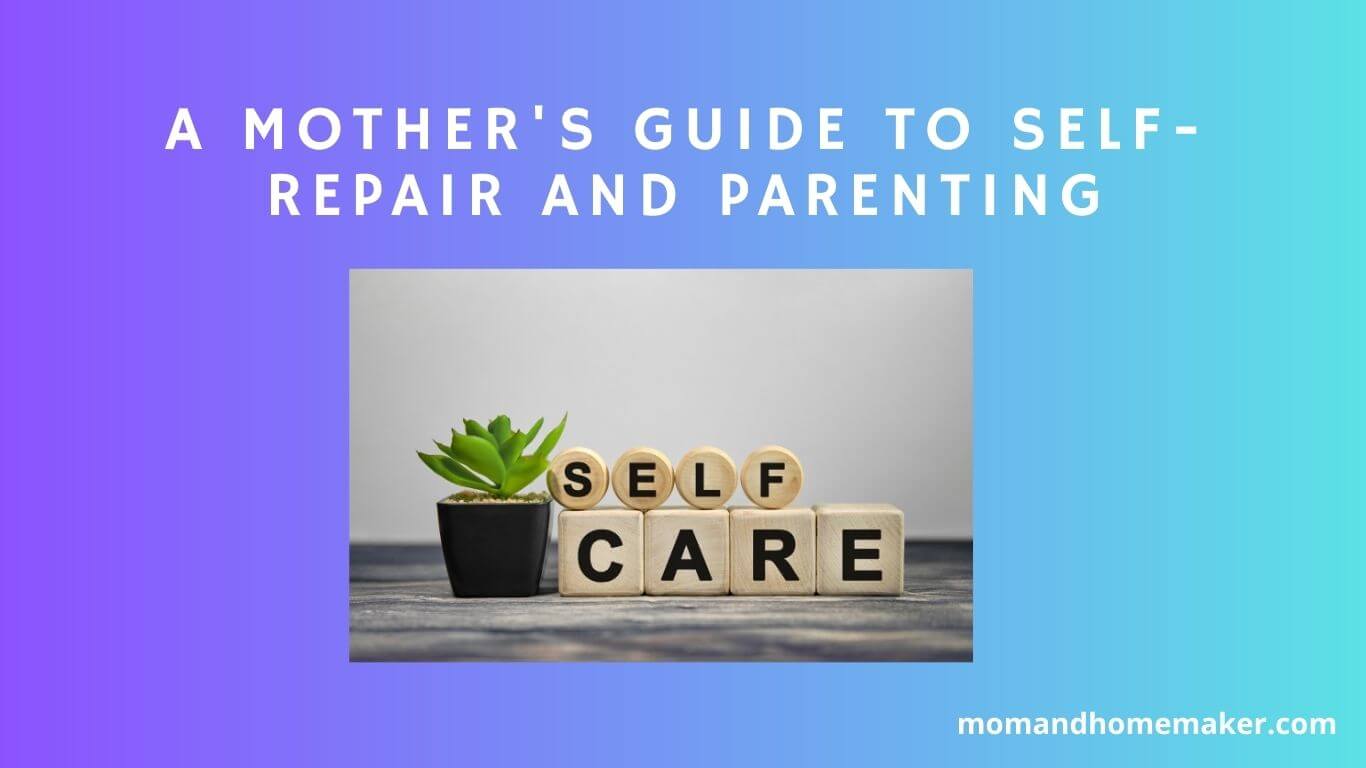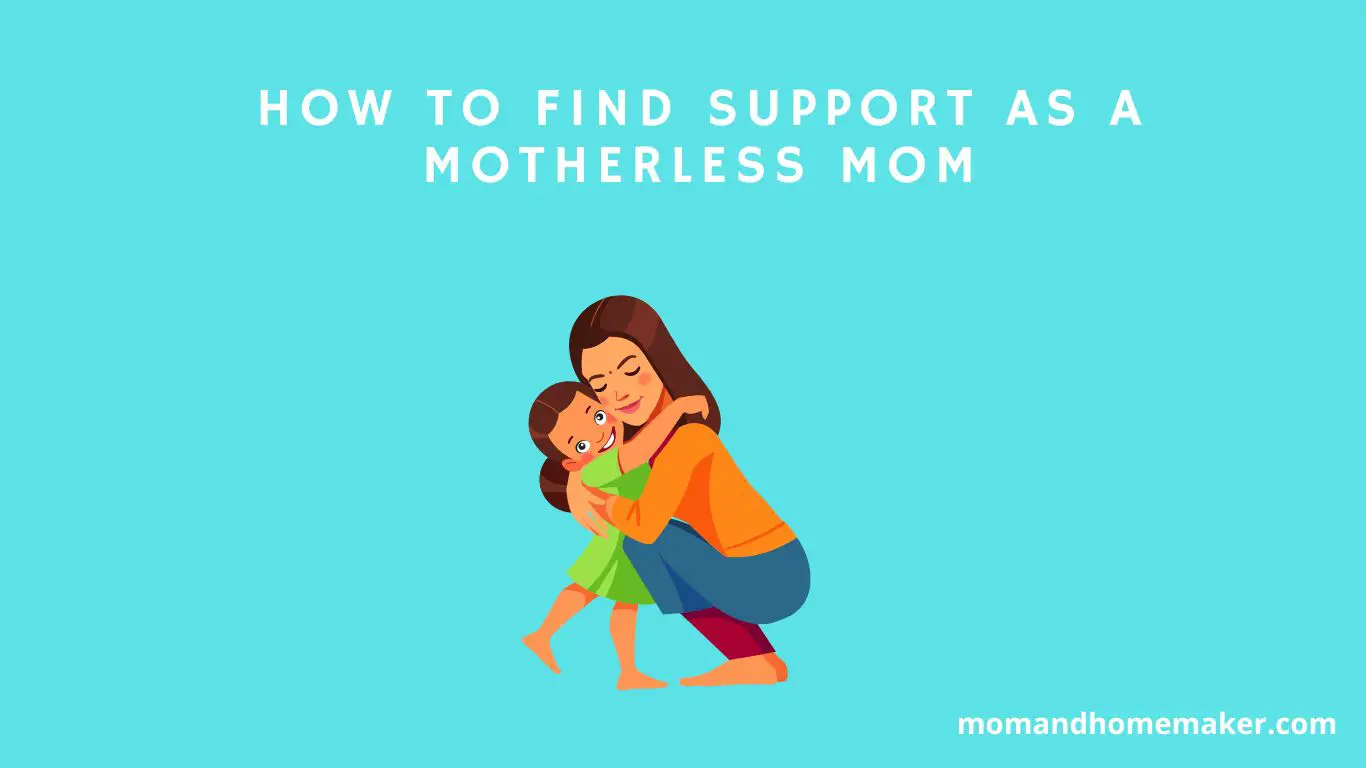The duration a mother spends at home can have a profound impact on a child’s development and well-being.
Determining the ideal length of time involves considering factors like bonding, attachment, maternal health, and the transition back to work.
Each of these aspects plays a crucial role in shaping a child’s early years. By carefully assessing these factors, you can tailor a plan that best suits your family’s needs and goals.
It’s essential to reevaluate traditional ideas and adopt a personalized approach that fits your unique circumstances.
Early Childhood Development
When it comes to early childhood development, spending time at home with your child can greatly impact their growth and well-being. Engaging in play-based learning activities is essential during this stage.
As a caregiver, you have the chance to create an enriching environment where your child can explore and learn through play.
By including activities that encourage sensory exploration, like finger painting, playing with textured toys, or listening to different types of music, you can assist your child in developing their cognitive and physical skills.
Through play-based learning, children can boost their creativity, problem-solving skills, and social abilities.
By spending quality time with your child at home, you can observe their interests and customize activities to support their individual development.
Sensory exploration, such as experiencing different textures or trying new foods, not only stimulates your child’s senses but also establishes a foundation for future learning experiences.
Bonding and Attachment
Building a strong attachment with your child through quality bonding time is essential for nurturing a secure emotional connection that forms the basis of healthy relationships. Here are some important points to keep in mind:
- Quality Time: Engage in activities like reading together, playing games, or simply chatting about your day to establish a sense of security and trust.
- Eye Contact: Making eye contact during interactions can strengthen the emotional bond between you and your child, reinforcing your connection.
- Physical Affection: Hugs, kisses, and physical touch are powerful ways to show love and care, deepening the attachment between you and your child.
- Consistent Communication: Open and honest communication is key to building a strong relationship. Encourage your child to share their thoughts and feelings, and be attentive and responsive in your conversations.
Establishing Routine and Stability
Establishing routine and stability is essential for your child’s emotional well-being. Children thrive when they have a predictable daily life, as it gives them a sense of security. By creating consistent routines, you can help your child feel safe and nurtured.
Start by setting up a daily schedule that includes regular mealtimes, naptimes, and bedtime. Consistency in these basic activities helps regulate your child’s body clock, leading to better sleep and overall well-being.
Incorporating playtime, reading time, and outdoor activities into the routine can also enhance your child’s development and happiness.
Establishing rituals for transitions, like morning goodbyes and bedtime routines, can ease any anxieties your child may have about separations or changes in their day.
Simple rituals such as singing a lullaby before bed or having a special goodbye handshake can strengthen your bond and provide comfort during these moments.
Breastfeeding and Nutrition
Establishing healthy breastfeeding and nutrition practices is vital for your child’s growth and development. Here are some essential tips to help you navigate this important aspect of caring for your little one:
- Seeking Support from Lactation Specialists: Lactation consultants offer valuable assistance to overcome any breastfeeding challenges you may face. Their expertise can help you establish a successful breastfeeding routine with your baby.
- Prioritizing Maternal Nutrition: Your diet significantly impacts the quality of breast milk you provide. Maintain a balanced and nutrient-rich diet to support your health and meet your child’s nutritional needs.
- Understanding the Weaning Process: Introduce solid foods gradually as your baby grows, while continuing to breastfeed or provide formula. Educate yourself on the weaning process to ensure a smooth transition for your child.
- Exploring Baby-Led Weaning: Baby-led weaning allows your child to self-feed and explore solid foods at their own pace. This approach fosters independence and helps develop your baby’s motor skills and food preferences.
Mental and Emotional Well-being
Taking care of your mental and emotional well-being is crucial for being the best parent you can be for your child. It’s common for mothers to prioritize their child’s needs, but it’s equally important to prioritize your well-being.
Managing stress is key to maintaining good mental and emotional health. While parenting can be overwhelming, using effective stress management techniques can help you handle challenges more easily.
Incorporating self-care practices into your daily routine is essential for promoting your mental and emotional well-being.
Remember, you can’t give from an empty cup. Making time for yourself isn’t selfish; you must provide the best care for your child.
Self-care looks different for everyone – it could be as simple as practicing deep breathing, going for a walk, or engaging in a hobby you enjoy.
Don’t hesitate to seek support when you need it. Whether it’s talking to a friend, joining a support group, or seeking professional help, reaching out is a sign of strength.
Building a strong support system can greatly impact your mental and emotional well-being.
Prioritizing stress management and self-care not only benefits you but also positively impacts your child. Remember, by taking care of yourself, you’re better equipped to care for your little one.
Building Strong Foundations
Investing time and effort in establishing a strong foundation is crucial for creating a nurturing environment for your child. Here are four essential aspects to focus on as you lay the groundwork for your child’s growth:
- Parenting Styles: Recognize that each child is unique, requiring a personalized approach to parenting. Stay flexible and willing to adjust your parenting style to meet your child’s individual needs as you navigate the journey of raising them.
- Communication: Effective communication is key to building strong relationships with your child. Make sure to actively listen, communicate your thoughts clearly, and promote open dialogue. Creating a safe space for communication fosters trust and understanding between you and your child.
- Time Management: Juggling parental duties with other commitments can be challenging. Prioritize tasks, set achievable goals, and don’t hesitate to seek assistance when necessary. Efficient time management enables you to dedicate quality time to your child while also taking care of yourself.
- Self-Care: Remember that taking care of yourself is essential for being a positive parent. Prioritize activities that rejuvenate you, such as reading, walking, or practicing mindfulness. By prioritizing your well-being, you set a positive example for your child and cultivate the energy needed to establish strong foundations for their development.
Supporting Cognitive Development
To support your child’s cognitive development, engage in interactive activities that spark their curiosity and problem-solving skills.
Play-based learning is a great way to boost cognitive growth. Encourage your child to explore different textures, shapes, and colors through sensory activities like playing with water, sand, or building blocks.
These activities not only engage their senses but also enhance cognitive skills such as observation, prediction, and experimentation.
Language development plays a vital role in cognitive growth. Have conversations with your child, read to them regularly, and introduce them to new words.
Language forms the basis for critical thinking and problem-solving abilities. Encourage your child to ask questions, share their thoughts, and participate in storytelling.
These practices will enrich their vocabulary and improve their problem-solving skills effectively.
Problem-solving skills are crucial for cognitive development. Provide your child with puzzles, games, and tasks that require critical thinking and finding solutions.
Encourage them to persist through challenges and celebrate their achievements. By fostering a growth mindset and resilience, you’re nurturing their cognitive abilities and preparing them for future academic challenges.
Remember, your active involvement in supporting your child’s cognitive development will have a lasting impact on their learning journey.
Socialization and Peer Interactions
To help your child develop crucial social skills and positive interactions with peers, it’s important to engage them in social activities. Here are four practical ways to enhance your child’s socialization and peer relationships:
- Set Up Play Dates: Schedule play dates for your child to interact, share, and communicate with other kids in a fun and relaxed setting.
- Encourage Team Participation: Support your child’s involvement in team activities like sports or group games to build teamwork, cooperation, and communication skills.
- Lead by Example: Be a role model by demonstrating kindness, respect, and empathy in your interactions with others. This can teach your child valuable social behaviors.
- Teach Active Listening: Show your child the importance of active listening by engaging in meaningful conversations. This skill can help them understand different perspectives and improve their social interactions.
Maternal Health and Recovery
Ensuring your well-being and quick recovery after giving birth is crucial for both you and your newborn’s health. The period following childbirth is a vital time that requires sufficient rest and care to aid in your healing process.
Maternal health and recovery are key aspects that should receive careful attention as you navigate the early stages of motherhood.
During the postpartum period, it’s important to prioritize care to facilitate a smooth recovery. Give yourself the necessary time and space for both physical and emotional healing.
Embrace moments of relaxation to help rejuvenate your body and mind. Remember, taking care of yourself isn’t selfish but essential for the well-being of both you and your baby.
Maternal rest plays a significant role in the recovery journey. Pay attention to your body’s signals and allow yourself to rest when needed.
Sufficient sleep and relaxation can contribute to faster healing and overall well-being. Engaging in activities that promote relaxation and reduce stress can support your recovery process.
Healing after childbirth is a unique experience for every mother. Be patient with yourself and allow the healing process to unfold naturally.
Seek support from loved ones and healthcare providers to ensure you receive the necessary care and assistance for a healthy recovery.
Remember, your well-being is a priority, and dedicating time to focus on your postpartum health will benefit both you and your little one in the long term.
Transitioning Back to Work
Returning to work after maternity leave can present challenges and rewards for new mothers. To ease this transition, consider these tips:
- Balancing Work and Family: Strive to find a balance between work commitments and family time. Explore flexible or remote work options for better time management.
- Childcare Planning: Research and select suitable childcare arrangements that align with your comfort and trust levels. This will help alleviate concerns while you focus on work.
- Financial Preparation: Understand the financial implications of resuming work, such as changes in income, expenses, and benefits. Create a budget to navigate this transition smoothly.
- Career Development: Maintain focus on your career goals and communicate with your employer about growth opportunities within the organization.
Quality Time Vs. Quantity Time
When trying to balance work and family life as a new mother returning to work, it’s important to grasp the distinction between quality time and quantity time spent with your child.
The constant juggle of work-life balance can lead to parental guilt, especially when trying to find the right mix.
Quality time involves giving your child focused attention and engaging in meaningful interactions, while quantity time simply refers to the amount of time spent together.
As you navigate through childcare options and societal norms, remember that it’s not just about the number of hours you spend with your child, but the quality of those interactions.
Feeling torn between work responsibilities and wanting to be there for your little one is normal. However, focusing on making the time spent together meaningful can help alleviate some of that parental guilt.
Try incorporating small rituals or activities into your daily routine that create lasting memories for both you and your child.
Whether it’s reading a bedtime story, taking a stroll, or playing pretend games, these moments of connection can have a significant impact.
Finding the right balance between quality and quantity time is a personal journey for each family, so trust your instincts and prioritize what feels right for you and your child.
Evaluating Individual Family Needs
When deciding how long mothers should stay at home, it’s important to understand your family’s unique needs. Tailoring your approach to fit these needs ensures a balanced work-life dynamic. Here are some key considerations:
- Flexible Schedules: Explore options like adjusting work hours or remote work to spend more time at home while fulfilling work duties.
- Personalized Support: Identify the support required within your family, whether it’s childcare, household help, or emotional support, to create a nurturing environment.
- Open Communication: Foster honest conversations within the family to address everyone’s needs and concerns, enabling collaborative decisions on the duration of staying at home.
- Quality Time Allocation: Make sure to spend meaningful time together as a family and individually, ensuring a fulfilling experience during the time spent at home.
Conclusion
When deciding how long mothers should stay at home, it ultimately comes down to what works best for you and your family.
Just like baking a perfect cake, finding the right balance between time spent at home and work is crucial for a happy and healthy family life.
Trust your instincts and choose what feels right for you and your little ones.













